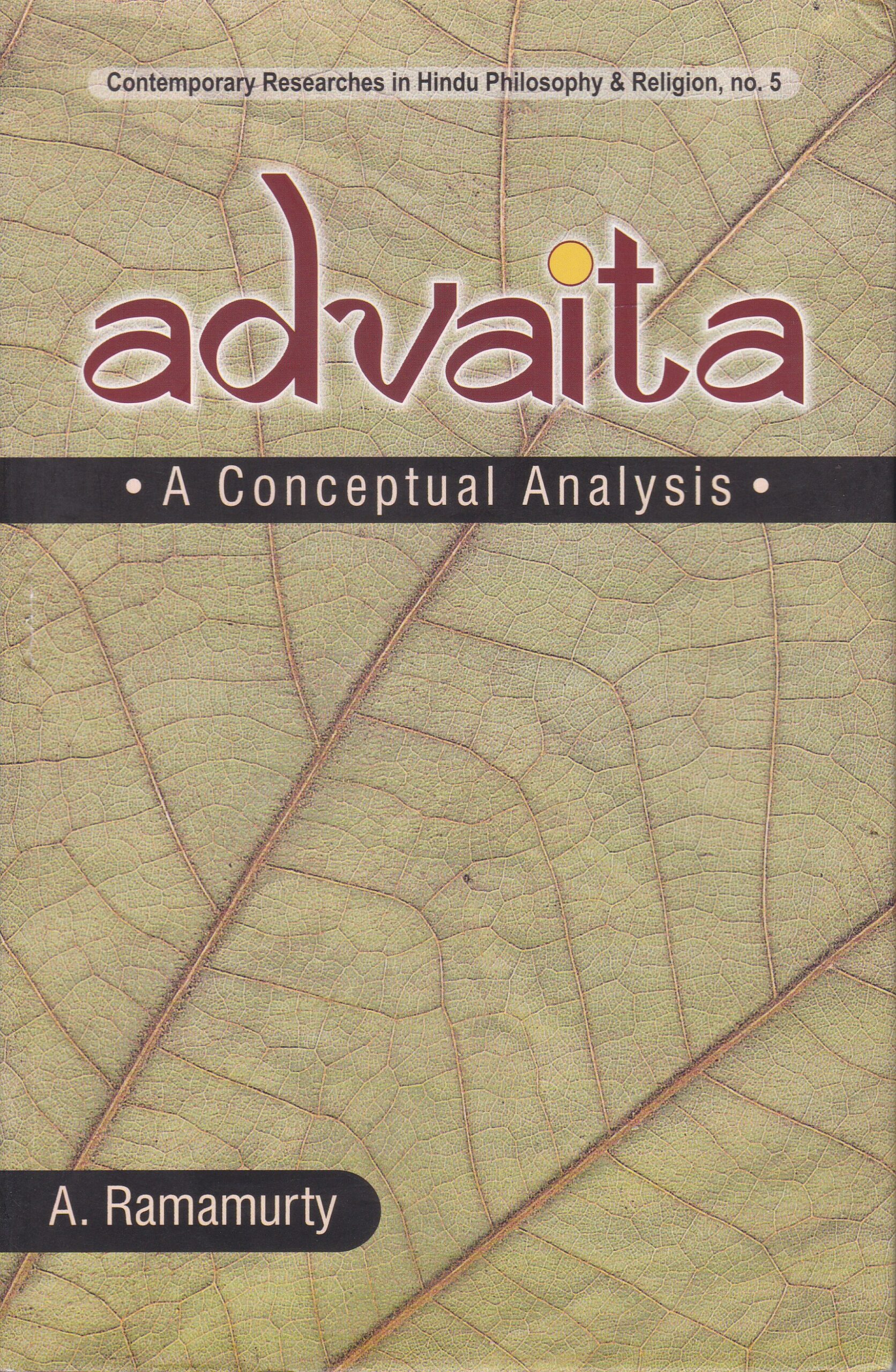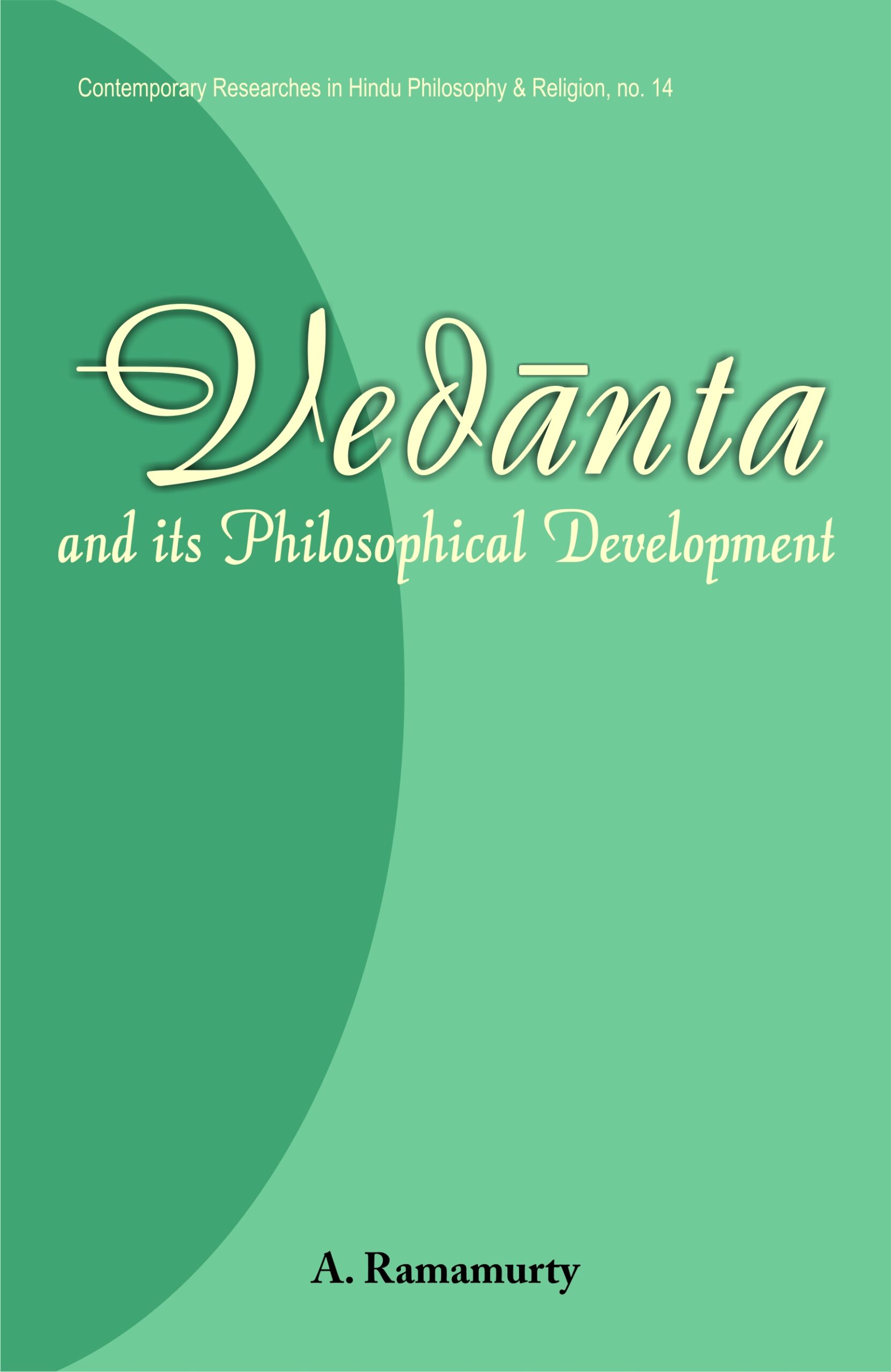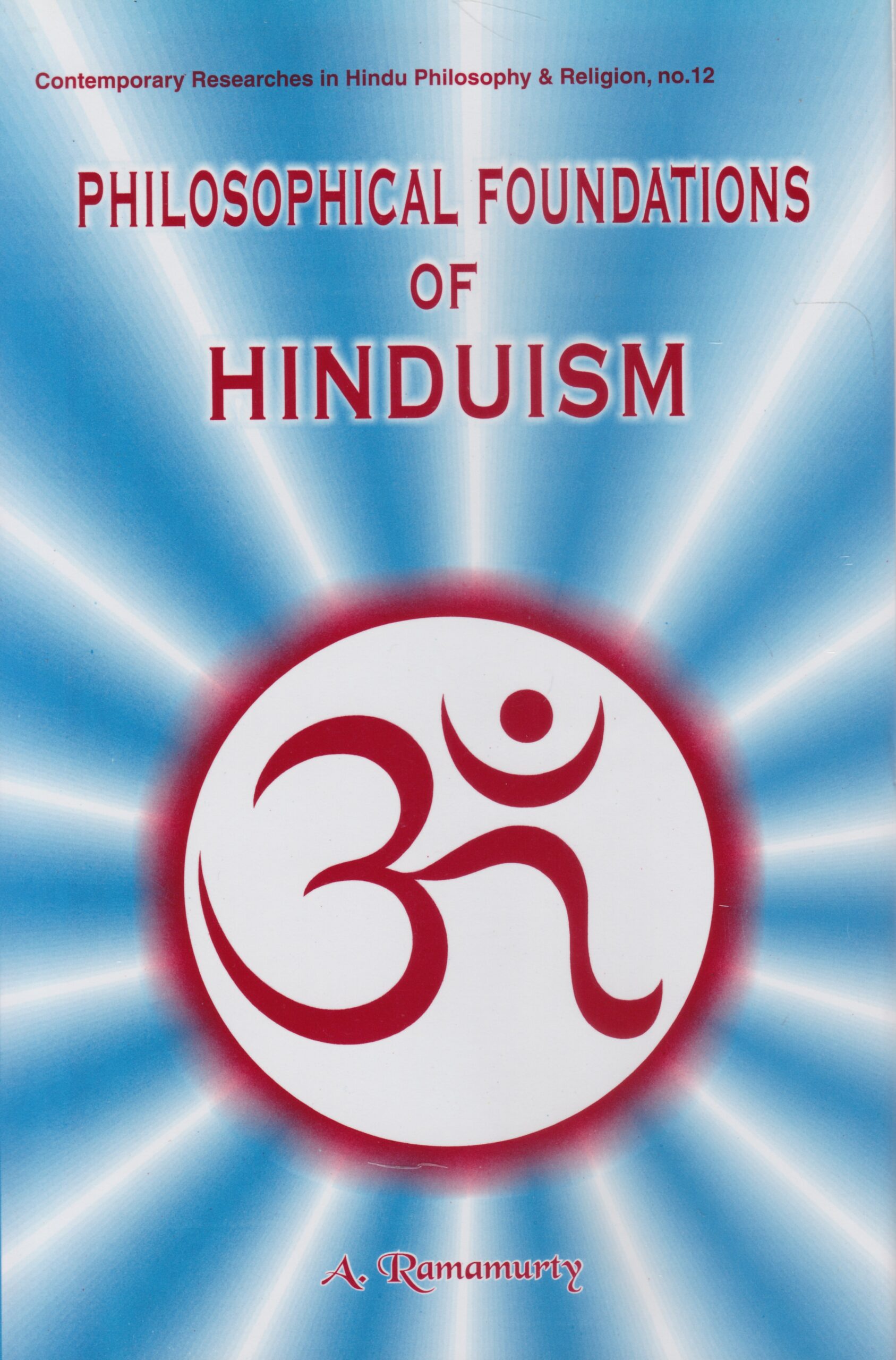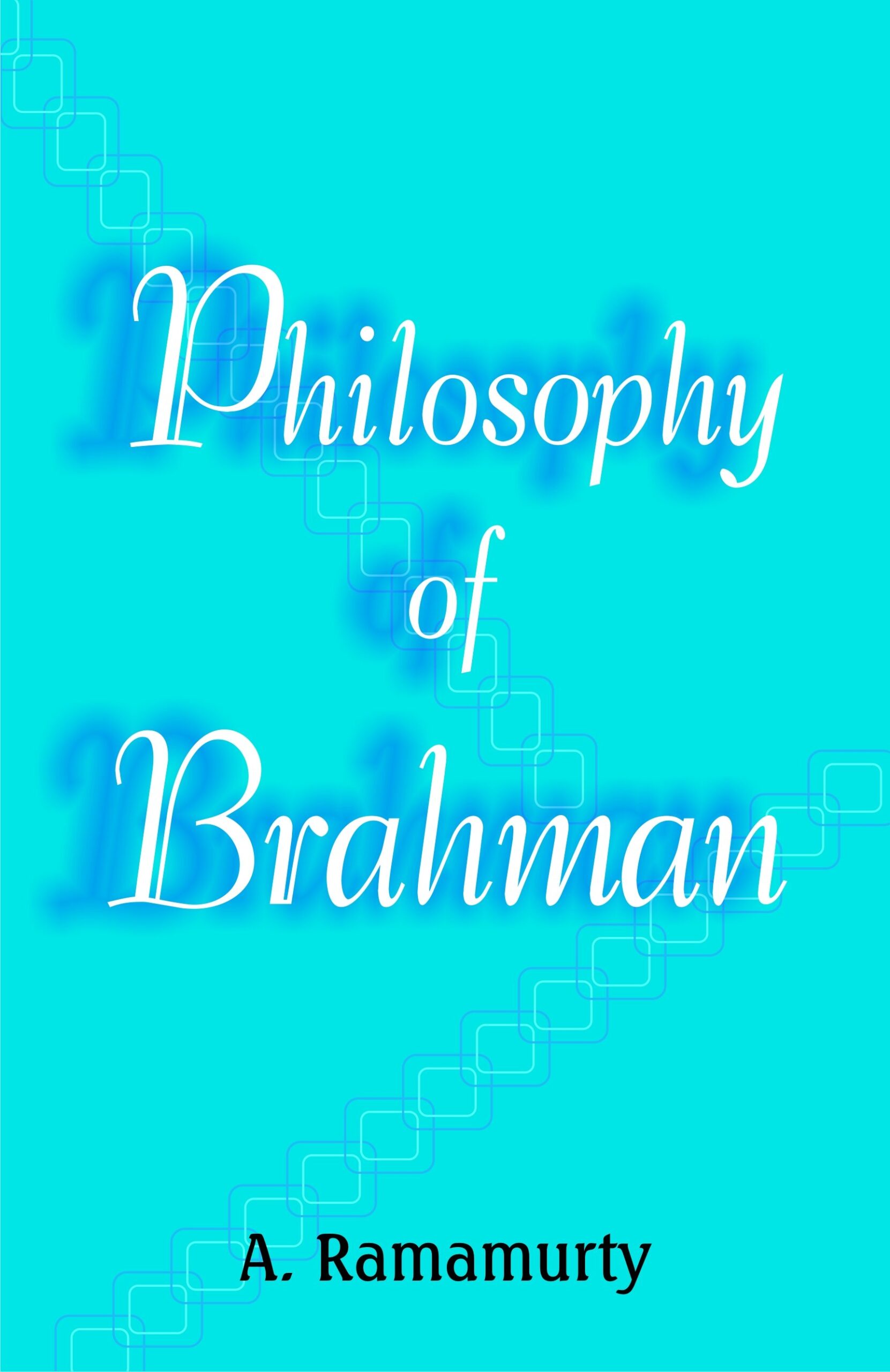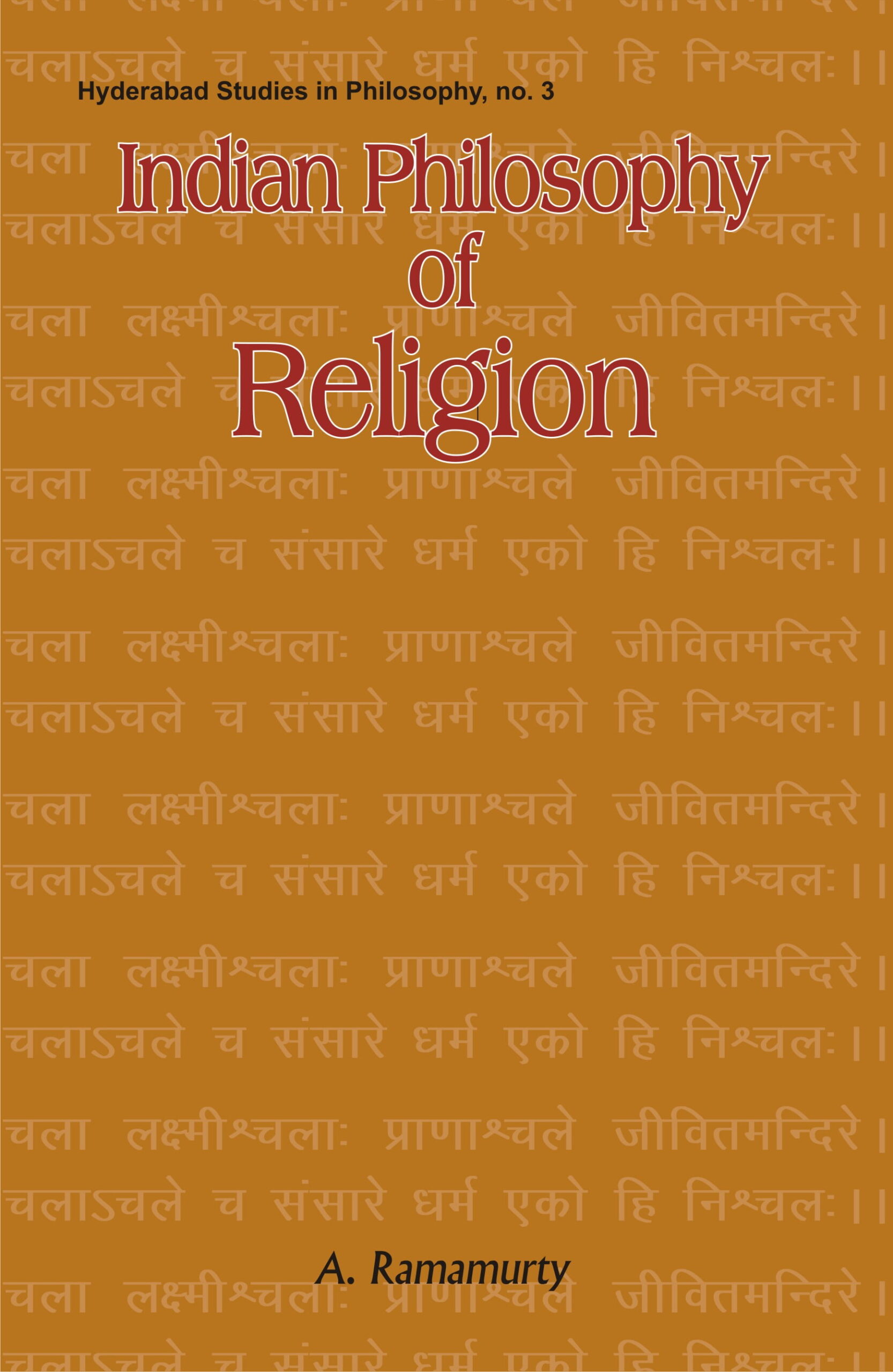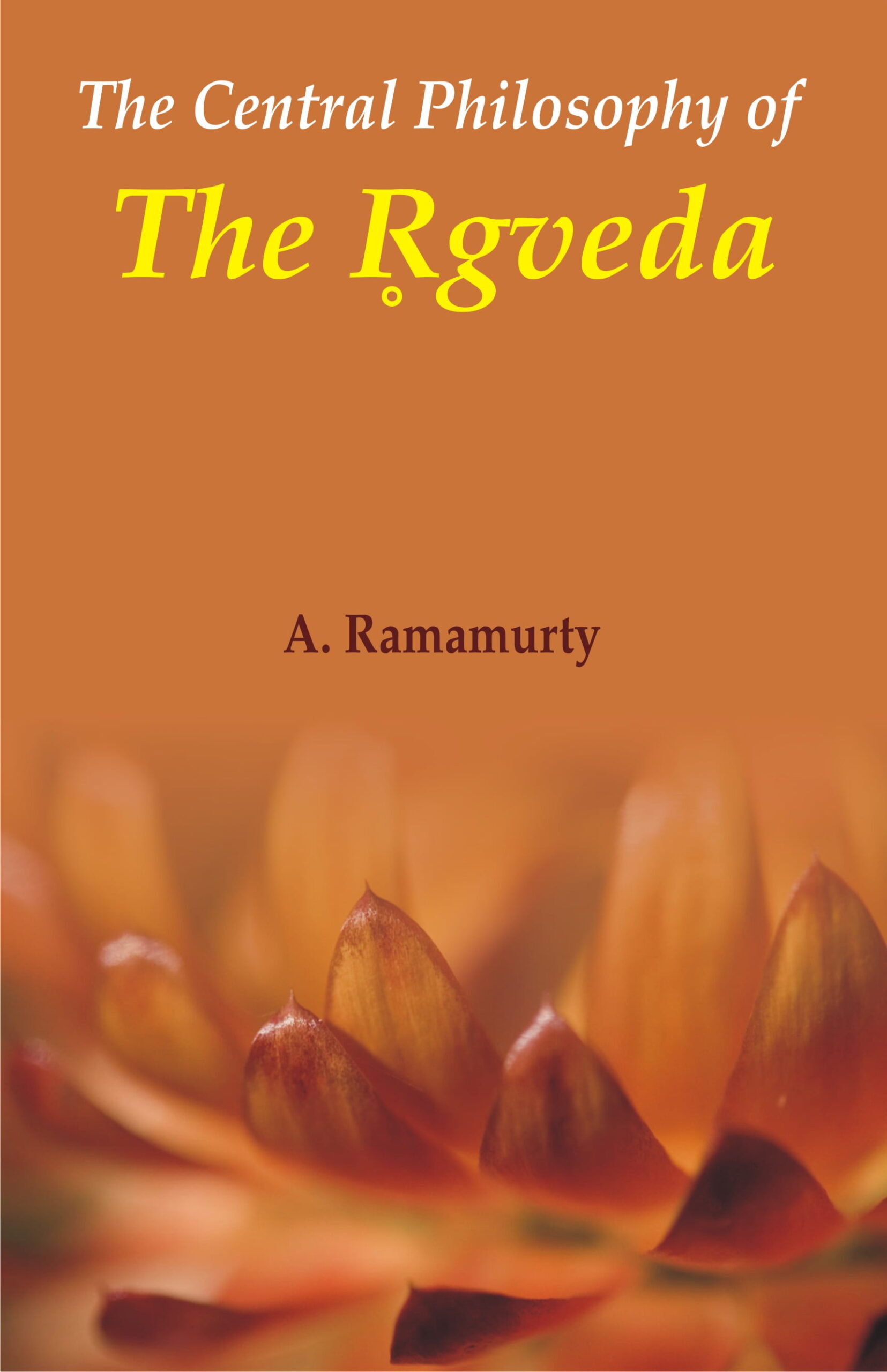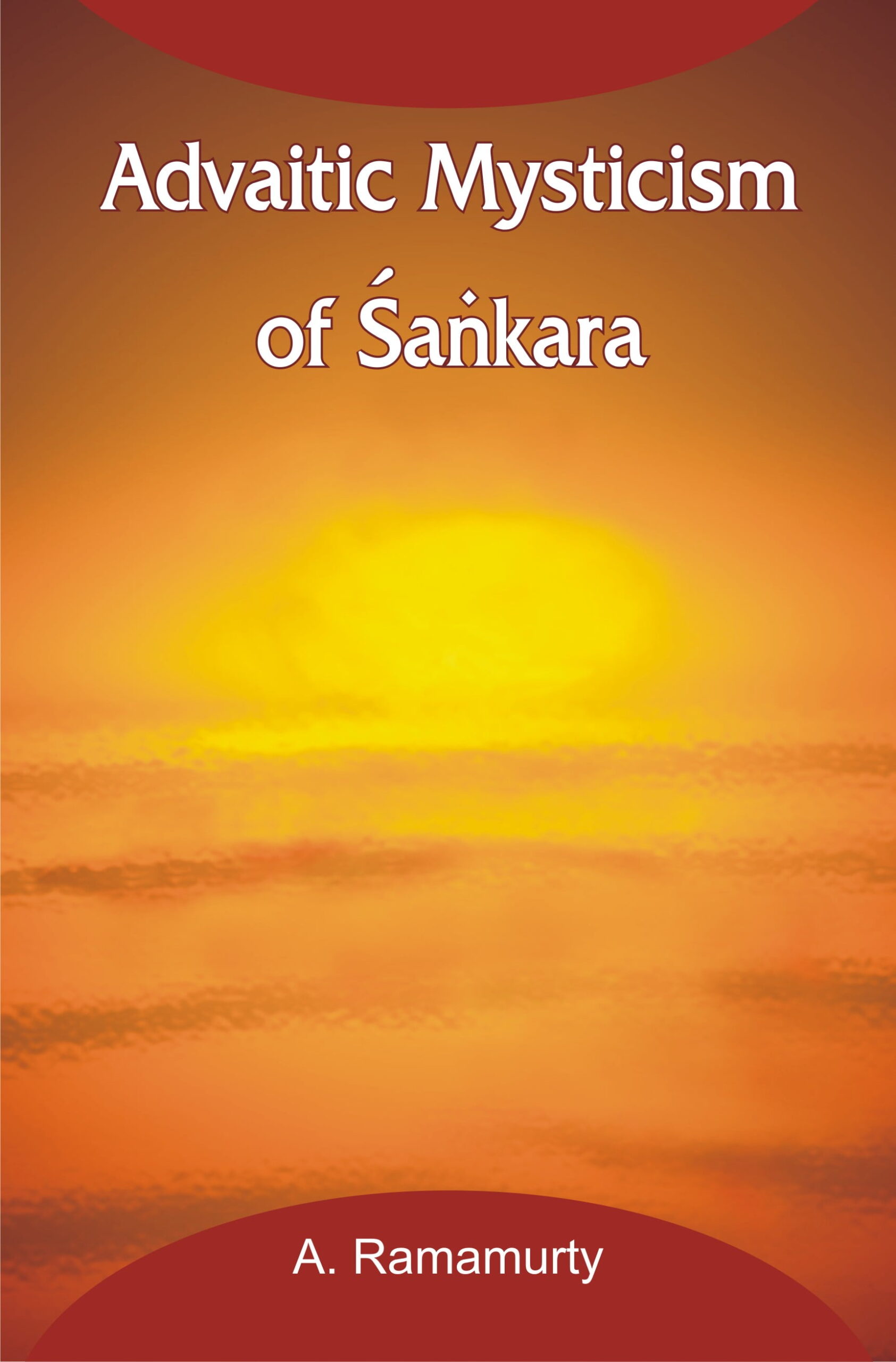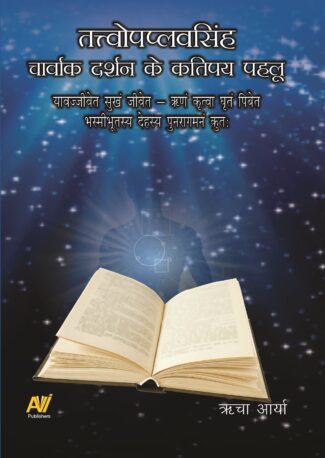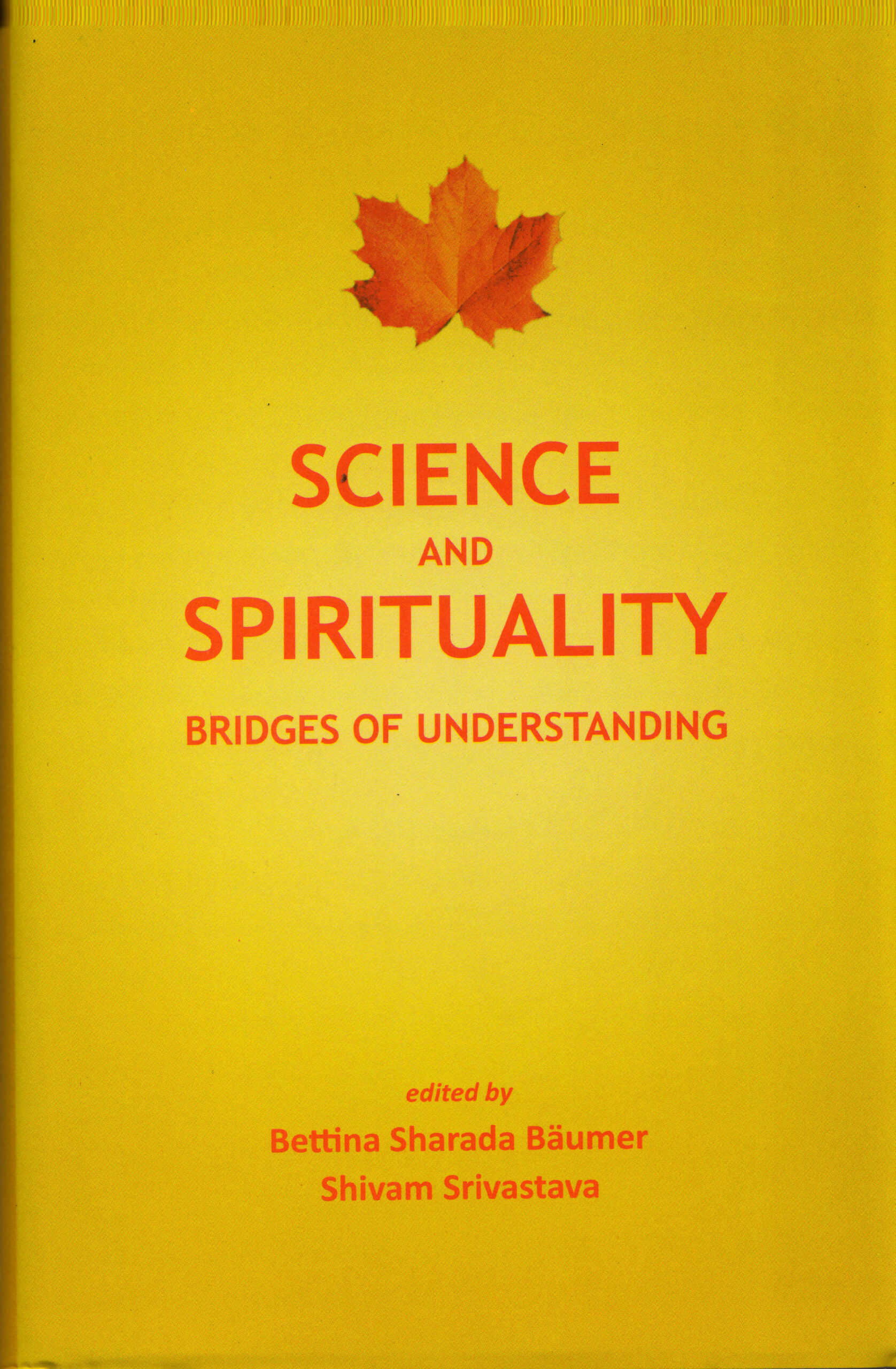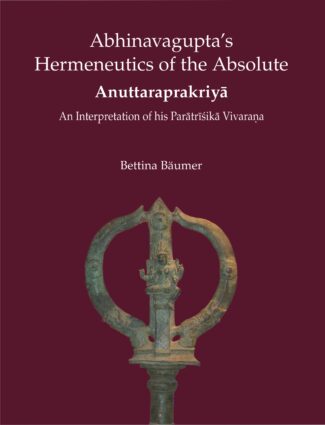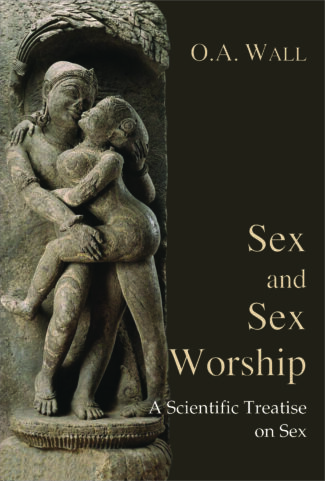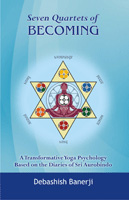

Advaitic Mysticism o...
Advaitic Mysticism of Sankara
by: A. RamamurtyThis book for the first time tries to understand the mystical dimension of Advaita. It is an attempt to understand comprehensively the meaning and significance of brahmanubhava or Brahman realization or experience as presented by Sankara in his writings. An attempt is also made to understand the significance of Advaitic mysticism by comparing it with Christian and Islamic mysticisms.
Original price was: ₹700.00.₹630.00Current price is: ₹630.00.
ISBN: 9788124606797
Year Of Publication: 2013
Edition: 1st
Pages : x, 294p.
Bibliographic Details : index
Language : English
Binding : Hardcover
Publisher: D.K. Printworld Pvt. Ltd.
Size: 23 cm.
Weight: 600
Brahman, according to the Upanishads and Shankara, the major exponent of the philosophy of the Upanishads known as Advaita, is not a metaphysical postulate meant to explain what is empirically experienced or the word. Brahman is absolutely real and is the inner reality or essence or self of all that is there, including ones self. Therefore it is known directly and immediately as the real or true nature of ones self. In the context of human reality Brahman is known as Atman, the true reality or nature of ones self. Direct and unmediated experience or realization of Brahman or brahmanubhava is the consummation of mans spiritual life as well as the supreme fulfilment of human existence.
This is an attempt to understand comprehensively, and in depth the meaning and significance of brahmanubhava as presented and discussed by Shankara in his commentaries on the Upanishads, Brama-Sutras and the Bhagavad-Gita, and in his other minor works, like Vivekacudamani, Aparokshanubhuti and Upadesha-Sahasri. Shankara is also known for his logical acumen and analytical approach to problems of philosophy. However, the mystical dimension of his philosophy which is also the reason for the lasting relevance and significance of his philosophy has not received the attention it deserves. May be this is the first of its kind in understanding and presenting systematically the Advaitic mysticism of Shankara in all its aspects. It is entirely based on the works of Shankara.
An attempt is also made in this book to understand the significance of Advaitic mysticism of Shankara in the light of its comparison with that of St. John of the Cross and Jalalud-Din Rumi, classical representatives of Christian and Islamic mysticisms.
Preface
Abbreviations
Introduction
1. The Point of Departure
Brahman knowledge
Sence perception
Inference
Reasoning
Smriti
Shrutis
Anubhava
2. Description of Brahmanubhava
Transcends subjectobject duality
Immediate and direct
Ineffable
and yogic experience
and swoon
and deep sleep
and death
experience Brahman is to realize
Ones Self
Brahman realization is to attain identity with all
Self-Brahman realization is the same as
all-Brahman realization
negative in significance
is moksha or liberation
is not limited to turiya
Significance of Brahmanubhava
3. Behaviour of a Brahmagyani
Brahmagyani and his behaviour
Brahmanubhava and the behaviour of a Brahmagyani
4. The Way to Brahmanubhava
Bhramanubhava is uncaused
No means to attain Brahmanubhava
Means to remove ignorance
Shudras and Bhramanubhava
5. The Place of Faith, Emotions and Reasoning in Brahmanubhava
Faith
Unfaith
Emotions
Place of heart in Self-realization
Independent type of reasoning
Reasoning based on Shruti
Examples of independent-type and Shruti-based reasoning
Place of reason in Brahmanubhava
Methods of reasoning
6. The Object of Brahmanubhava
Has Brahmanubhava an object?
Some Upanishadic illustrations
Brahman as an object of experience
Brahman as Experience or as realized
Difference between Brahman as an object of experience and Brahman as realized
7. The Validity of Brahmanubhava
The validity of Shruti knowledge
Analyses of scriptural sentences on Self-Brahman identity
Shruti as a source of valid knowledge
How to determine the validity of Shruti knowledge?
Validity of Brahmanubhava
How to determine the validity of Brahmanubhava?
8. Empirical Experience and Brahmanubhava
Nature and validity of empirical experience
Empirical experience and Brahmanubhava
9. Comparisons and Conclusions
St. John of the Cross
Jalalud-Din Rumi
Comparisons
Concept of God
Concept of the self
Relation between the self/soul and God or highest reality
Means to attain God
The concept of Advaita
Critical understanding of Brahmanubhava
Bibliography
Index



